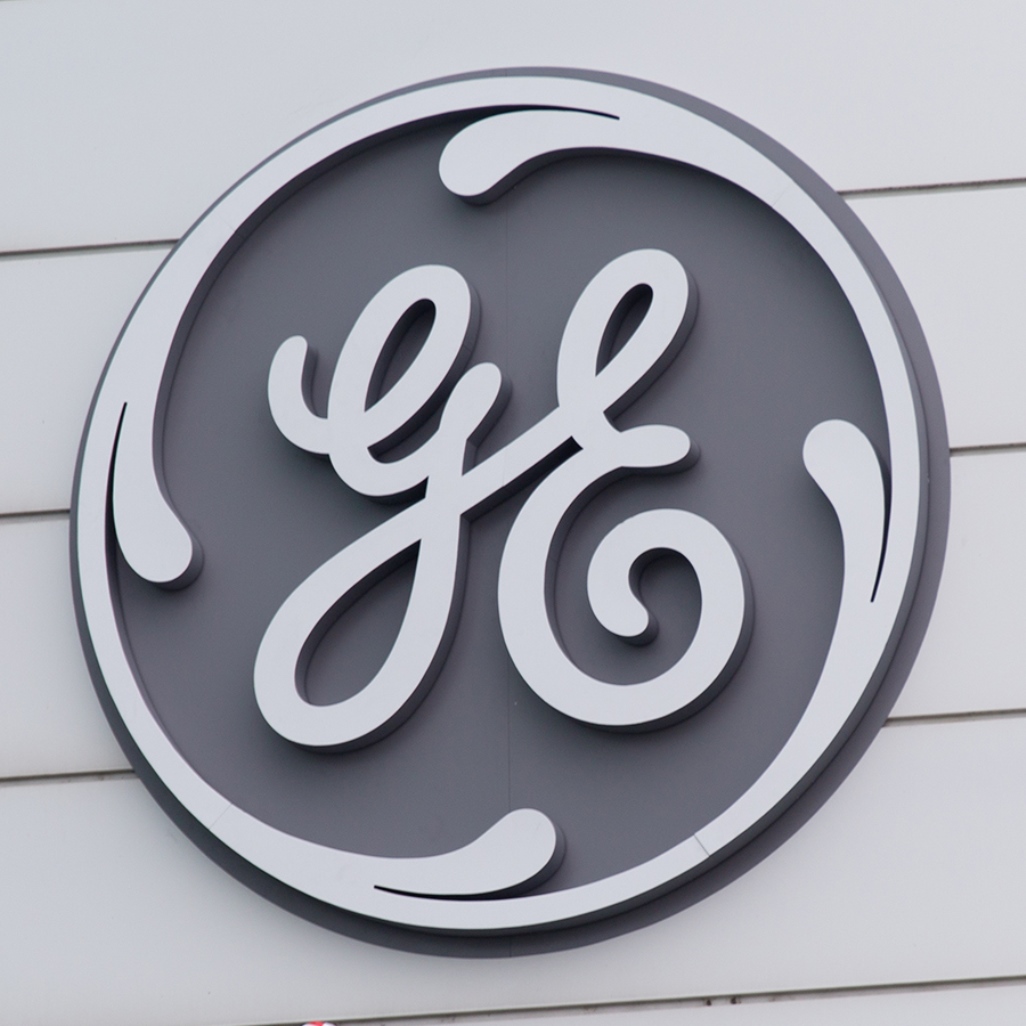Industrials
General Electric Remains DJIA's Biggest Loser in 2017

Published:
Last Updated:

General Electric Co. (NYSE: GE) paid its quarterly dividend of $0.24 per share on Friday, but there was little for shareholders to cheer about otherwise. After posting a new 52-week low on September 8, shares closed at $23.82. A week later the stock had added just 0.4%, not enough to lose its rank as the worst-performing stock among the 30 equities that comprise the Dow Jones Industrial Average. Shares have lost 24.3% for the year to date while the Dow is up about 12.7%.
This is GE’s ninth consecutive week as the Dow’s worst performer. The company still has a big lead over the second worst stock, International Business Machines Corp. (NYSE: IBM), which is down about 12.8% for the year. The third-worst is Exxon Mobil Corp. (NYSE: XOM), now down 11.3%. Only nine of the 30 Dow stocks have traded down so far this year.
GE’s stock has dropped $4.59 per share in the first half 2017, while the company has paid out dividends totaling $4.2 billion and repurchased $3.6 billion worth of its own stock. There were 8.66 billion shares outstanding at the end of the second quarter. Dividend payments totaled $0.48 per share, and buybacks accounted for around $0.42 per share.
The dividend yield of 4% is very good, but it is the result of a falling share price, raising the questions of how long it can last and what GE can do to improve it.
The acquisition of Baker Hughes has been viewed by analysts as a solid plus for the company, and its jet engine business is booming. GE is even getting help from the U.S. president, who said last Tuesday that he is “working on one deal” with Malaysia that could boost sales of Boeing jets equipped with GE engines by $10 billion to $20 billion.
GE’s shares closed down about 0.4% Friday, at $23.92 in a 52-week range of $23.58 to $32.38. The consensus 12-month price target for the stock remained at $29.08.
Start by taking a quick retirement quiz from SmartAsset that will match you with up to 3 financial advisors that serve your area and beyond in 5 minutes, or less.
Each advisor has been vetted by SmartAsset and is held to a fiduciary standard to act in your best interests.
Here’s how it works:
1. Answer SmartAsset advisor match quiz
2. Review your pre-screened matches at your leisure. Check out the advisors’ profiles.
3. Speak with advisors at no cost to you. Have an introductory call on the phone or introduction in person and choose whom to work with in the future
Thank you for reading! Have some feedback for us?
Contact the 24/7 Wall St. editorial team.